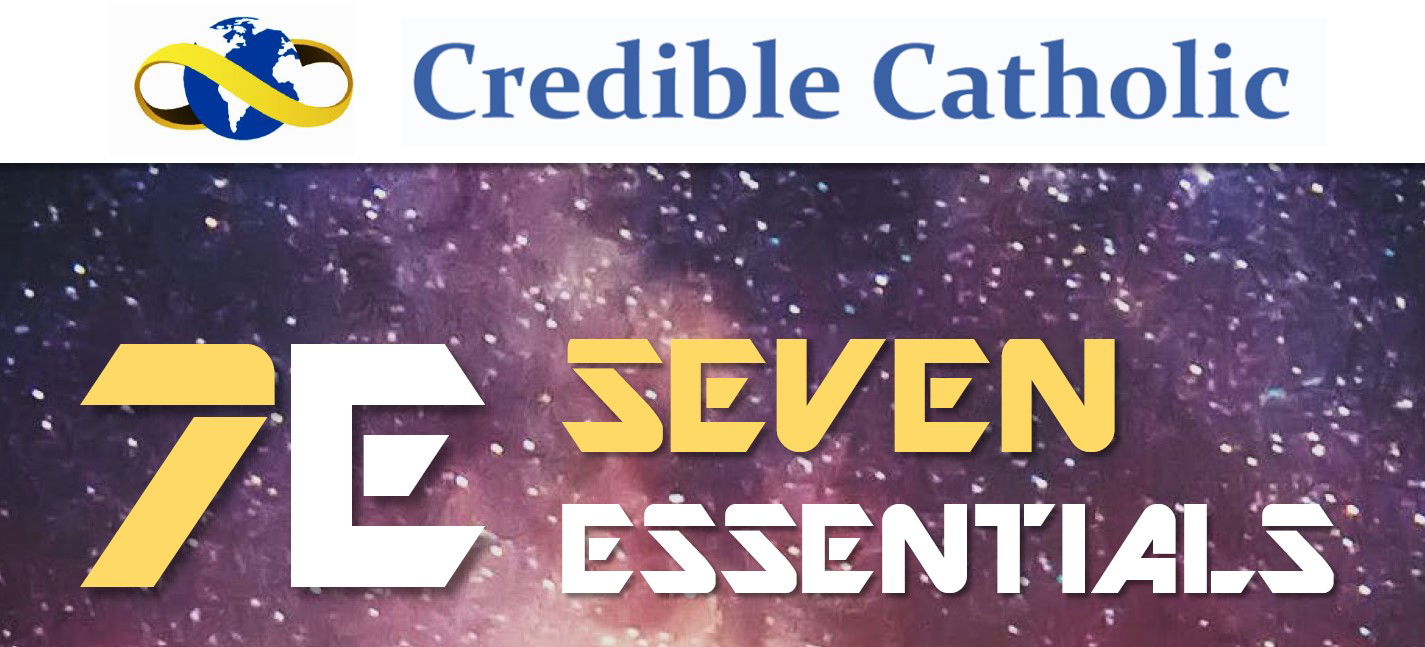Welcome to CREDIBLE CATHOLIC!

WHAT IS THE PROBLEM?
It is unbelief and skepticism. In our culture, derision of religion, God, the soul, Jesus, and the prospect of finding spiritual meaning in suffering, are not only tolerated but preached and sometimes even celebrated. Many are already infected by the faulty messages which are delivered in four popular, but inaccurate, secular myths.
These myths, in one form or another, are as follows:
Myth 1: Science and faith are incompatible, and since science is true, it has replaced religion.
Myth 2: Human beings are like every other animal—merely a complex of atoms and molecules. We have no soul, no eternal destiny, and no transcendent nature. When we die, we die.
Myth 3: There is no explanation for why an all-loving God would allow suffering. Therefore, suffering is fundamentally negative and a loving God probably does not exist.
Myth 4: There is no evidence for Jesus as an historical figure, and therefore his resurrection or divinity. If Jesus did exist, he was just an interesting prophet, but not a Savior or the Son of God.
The 2016 Pew Research Center’s Religious Landscape Study indicates that over 40% of millennials have abandoned their faith to unbelief because these four challenges have not been adequately addressed.
Unless we specifically and effectively address these challenges to faith, the percentage will continue to grow. What can be done?
OUR SOLUTION: Credible Catholic, a Magis Center curriculum correlated to the Catechism of the Catholic Church, was specifically created to address these challenging myths.